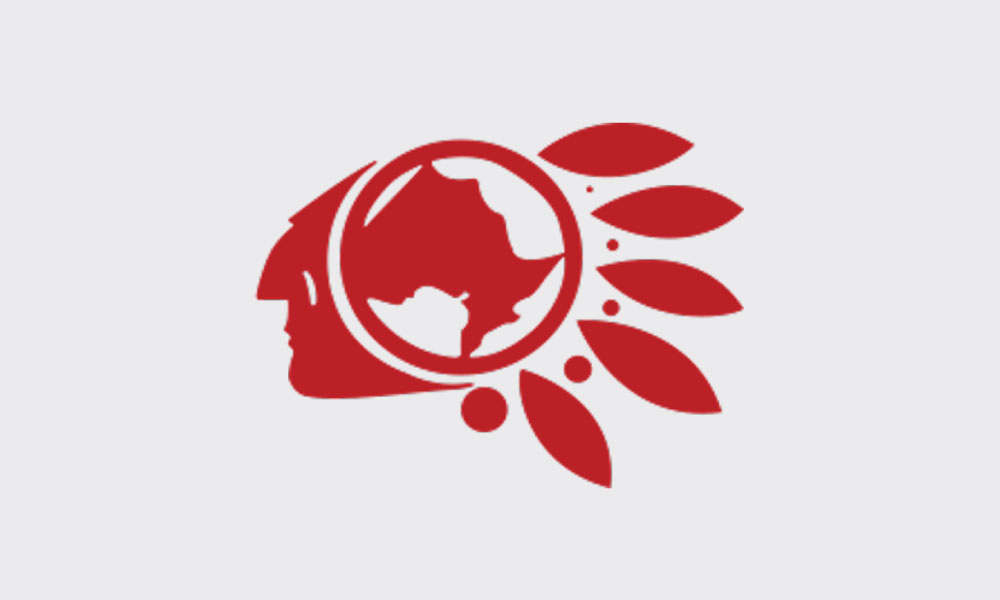(November 25, 2019) A new report developed jointly by the Chiefs of Ontario (COO) and ICES is a first-of-its-kind, First Nations–specific report on diabetes in Ontario. The report shows that the number of First Nations people living with diabetes is at an all-time high with 14.1 per cent of First Nations people having a diagnosis of diabetes in 2014.
The number of new cases of diabetes is driven, in part, by the rising cases in First Nations children in Ontario, who are disproportionately affected by diabetes.
“Our Elders remind us to think seven generations ahead, which means these findings are particularly concerning to us. If our children are experiencing rising rates of diabetes, we need to look to their future and use this research to improve prevention for them now and for future generations and early support prior to complications of diabetes,” says RoseAnne Archibald, Ontario Regional Chief, COO.
First Nations and Diabetes in Ontario takes a detailed look at diabetes and its consequences on First Nations people in Ontario from 1990 to 2014. The data presented in the report highlights specific inequalities and supports the development of effective health policies and programs to prevent diabetes in First Nations people.
“When Ontario First Nations take charge of our own research agenda, intertwined with true meaningful partnership from researchers who value and incorporate First Nations perspectives regarding research, as well as incorporating advice and guidance from the Patient Advisory Group who were from various Ontario First Nations communities and had lived experience with diabetes, the results as seen in this report include First Nations perspectives, knowledge and understanding of this devastating disease,” says co-investigator Carmen R. Jones, Director of Health at COO.
The researchers highlight that the three dominant individual risk factors for type 2 diabetes among First Nations people living in First Nations communities are physical inactivity, overweight/obesity and smoking. However, efforts to address these risk factors must consider the cumulative effects of ongoing racism, dispossession from land, childhood and intergenerational trauma, changes in diet and an increase in sedentary lifestyles associated with colonization.
“This report is a step in the right direction to fill information gaps which have led to health policy gaps. This report builds on relationships and formal agreements to understand First Nations health today, and in order to do that we have to understand history and the collective disruption that First Nations people have experienced,” says report co-author, Jennifer Walker, the Canada Research Chair in Indigenous Health at Laurentian University and the Indigenous Health Lead at ICES.
The report found that in 2014/15, 39.3 per cent of First Nations people living in First Nations communities had good control of their blood sugar, compared to 56.5 per cent of other people in Ontario.
“Lower monitoring, lower levels of diabetes control and less access to primary care mean First Nations people are more likely to experience complications of their diabetes at an earlier age and sooner after their diagnosis which is why focusing on prevention is key to making to changes to how diabetes affects First Nations people,” says report co-author Dr. Michael Green, professor of family medicine and public health at Queen’s University in Kingston, and a senior scientist at ICES.
A series of studies are being simultaneously published in the journals CMAJ and CMAJ Open, these studies are the start of a series of papers on diabetes and First Nations health. They are part of a partnership between researchers and COO which engages First Nations patients, families, elders and community members in the project.
The Ontario SPOR SUPPORT Unit (OSSU) provided funding for the project through an IMPACT Award.
The Chiefs of Ontario is a political forum and secretariat for collective decision-making, action, and advocacy for the 133 First Nations communities located within the boundaries of the province of Ontario. Guided by the Chiefs in Assembly, we uphold self-determination efforts of the Anishinaabek, Mushkegowuk, Onkwehonwe, and Lenape Peoples in protecting and exercising their inherent and Treaty rights. Keeping in mind the wisdom of our Elders, and the future of our youth, we continue to create the path forward in building our Nations as strong, healthy Peoples respectful of ourselves, each other, and all creation.
ICES is an independent, non-profit research institute that uses population-based health information to produce knowledge on a broad range of health care issues. Our unbiased evidence provides measures of health system performance, a clearer understanding of the shifting health care needs of Ontarians, and a stimulus for discussion of practical solutions to optimize scarce resources. ICES knowledge is highly regarded in Canada and abroad, and is widely used by government, hospitals, planners, and practitioners to make decisions about care delivery and to develop policy. In October 2018, the institute formerly known as the Institute for Clinical Evaluative Sciences formally adopted the initialism ICES as its official name. For the latest ICES news, follow us on Twitter: @ICESOntario
FOR FURTHER INFORMATION PLEASE CONTACT:
Deborah Creatura
Media Advisor, ICES
deborah.creatura@ices.on.ca
(o) 416-480-4780 or (c) 647-406-5996
Genna Benson
Communications Officer
Telephone: 416-523-4020
Email: Genna.Benson@coo.org
Read the full report on First Nations and Diabetes in Ontario here: https://www.ices.on.ca/Publications/Atlases-and-Reports/2019/First-Nations-and-Diabetes-in-Ontario
View Infographics here: https://www.ices.on.ca/Publications/Infographics?year=2019&page=1#IndigenousDiabetes


